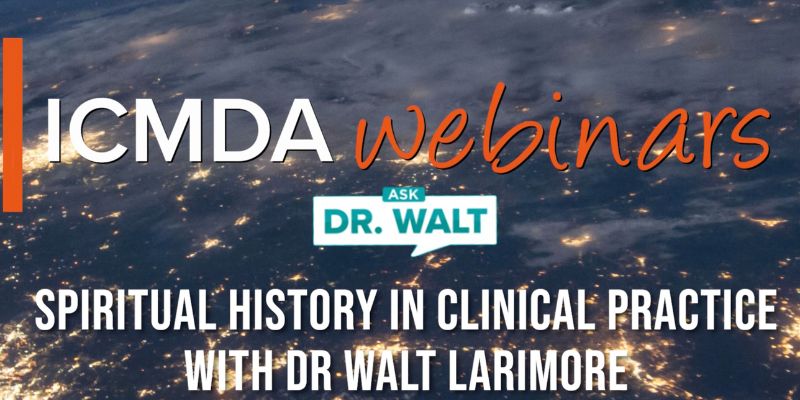What if healthcare reform in America led to the banning of life-prolonging cancer drugs? Don’t think it could happen? Then read this.
Obama to reverse life-saving stem cell research policies
March 9, 2009Making Family Meals a Priority Worth the Effort in Every Measurable Way
March 11, 2009What if healthcare reform in America led to the banning of life-prolonging cancer drugs? Don’t think it could happen? Then read this.
My friend, Gary Bauer, wrote in his daily email blast, “During the debate on the so-called ‘stimulus’ bill, many conservatives warned against a provision snuck into the bill that would lead us toward government control over our health care.” Of particular concern is the planned Federal Coordinating Council of Comparative Effectiveness Research. A very similar group exists in Great Britain and is called the National Institute for Health and Clinical Excellence. It’s often referred to by the misnomer NICE. But, a recent decision is not so nice at all.
More Information:
To give you some idea of the “brave new world” President Obama is rushing toward with our health care system, here is an extremely disturbing report from England’s Daily Mail:
Thousands of patients with terminal cancer were dealt a blow last night after a decision was made to deny them life prolonging drugs.
The Government’s rationing body (NICE) said two drugs for advanced breast cancer and a rare form of stomach cancer were too expensive for the NHS. The National Institute for Health and Clinical Excellence is expected to confirm guidance in the next few weeks that will effectively ban their use.
The move comes despite a pledge by NICE to be more flexible in giving life-extending drugs to terminally-ill cancer patients after a public outcry last year over ‘death sentence’ decisions.
Leading campaigners last night said NICE had failed the ‘acid test’ of whether it really intended to give new priority to people with just a few months to live.
One drug, Lapatinib, can halve the speed of growth of breast cancer in one in five women with an aggressive form of the disease. Dr Gillian Leng, NICE deputy chief executive, said ‘The committee concluded that Lapatinib is not a cost-effective use of NHS resources when compared with current treatment.’
Up to 1,500 stomach cancer patients also face a ban on Sutent – the only drug that can extend their lives. Draft guidance by NICE said the drug should not be used even though it approved its use for kidney cancer last month.
Be sure to share this chilling report with friends and family members. Big Government health care rationing is coming to America unless we stand up and stop it!



